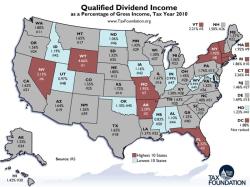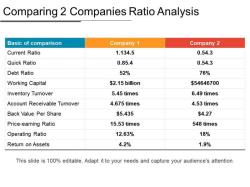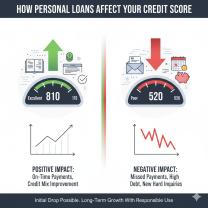How soon is too soon to refinance a first mortgage?
Refinancing a first mortgage too soon after obtaining it may not be financially advantageous and could result in additional costs. While there is no strict rule about when it's "too soon" to refinance a first mortgage, several factors should be considered:
Break-Even Point: One of the key considerations is the break-even point. This is the point at which the savings from your new mortgage, including lower monthly payments and reduced interest costs, offset the costs of the refinance, such as closing costs and fees. It's typically recommended that you stay in your home long enough to recoup these costs before refinancing.
Prepayment Penalties: Check your current mortgage agreement for any prepayment penalties or clauses that restrict early refinancing. Some mortgages impose penalties for refinancing within a certain time frame, so it's essential to be aware of these terms.
Rate Differential: If you're considering refinancing shortly after obtaining your first mortgage, the interest rate difference between your current mortgage and the new one should be significant enough to justify the refinance. A small interest rate reduction may not be worth the effort and costs involved in refinancing.
Lender Policies: Different lenders have varying policies and requirements for refinancing. It's a good idea to check with your lender or a potential new lender to understand their specific guidelines and if there are any restrictions on early refinancing.
Financial Goals: Consider your financial goals and reasons for refinancing. If your goal is to lower your monthly payments, access home equity, or change the terms of your mortgage, these objectives should align with your current financial situation and future plans.
Market Conditions: Monitor current market conditions and interest rates. Refinancing is often more attractive when rates are lower than your current mortgage rate. Waiting for a favorable rate environment may be a better strategy.
Length of Ownership: How long you plan to stay in your home also plays a role. If you anticipate selling your home in the near future, refinancing may not provide sufficient time to realize savings, especially if you need to recoup the closing costs.
In general, it's typically best to wait at least a year or two before considering a refinance of your first mortgage. This allows you to build equity in your home, establish a payment history, and potentially improve your credit score. However, individual circumstances can vary, so it's important to assess your unique financial situation and goals. Before refinancing, carefully calculate the potential savings, consider the break-even point, and weigh the costs and benefits of the new loan to determine if it's the right time to refinance. Consulting with a financial advisor or mortgage professional can also provide valuable insights.
Refinancing Your First Mortgage: Timing and Considerations
Refinancing a first mortgage can be a strategic financial move to lower monthly payments, secure a better interest rate, or access equity. However, timing plays a crucial role in maximizing the benefits of refinancing. Understanding the ideal time to refinance and carefully considering various factors can significantly impact the overall outcome.
When Is It Too Soon to Refinance Your Initial Mortgage?
Refinancing too early may not be advantageous due to the associated costs and the potential for limited savings. Generally, it's advisable to wait until you have established a solid payment history, accrued some equity in your home, and interest rates have dropped significantly compared to your current rate.
Factors to Consider When Timing a Refinance:
Time since the initial mortgage: Aim to refinance after at least 6 to 12 months to avoid prepayment penalties or early termination fees.
Equity in your home: A higher equity percentage will provide more leverage for securing a better interest rate and loan terms.
Interest rate fluctuations: Refinancing is most beneficial when interest rates have dropped significantly since your initial mortgage.
Closing costs: Factor in the upfront costs of refinancing, such as appraisal fees, underwriting fees, and title insurance, to ensure the savings outweigh the expenses.
Break-even point: Determine the break-even point, the time it takes to recoup the refinancing costs through lower monthly payments.
Assessing the Right Time for Refinancing a First Mortgage
Before deciding to refinance, carefully assess your individual circumstances and consider the following questions:
Can I secure a lower interest rate? Compare your current rate to current market rates and determine if refinancing can save you money.
Have I built sufficient equity? Aim for at least 20% equity to avoid private mortgage insurance (PMI).
Am I financially stable? Ensure you can consistently make the new monthly payments and cover the upfront costs of refinancing.
Are there any prepayment penalties? Check your mortgage agreement for potential fees associated with early refinance.
What are my financial goals? Determine if refinancing aligns with your long-term financial objectives, such as paying off the mortgage faster or accessing equity for home improvements.
Conclusion
Retiming your first mortgage can be a valuable financial tool, but careful consideration and timing are essential. Avoid refinancing too early to minimize costs and maximize savings. Consider factors such as equity, interest rates, closing costs, and your financial goals to determine the right time for refinancing. Consult with a mortgage specialist or financial advisor to assess your individual circumstances and make informed decisions.













